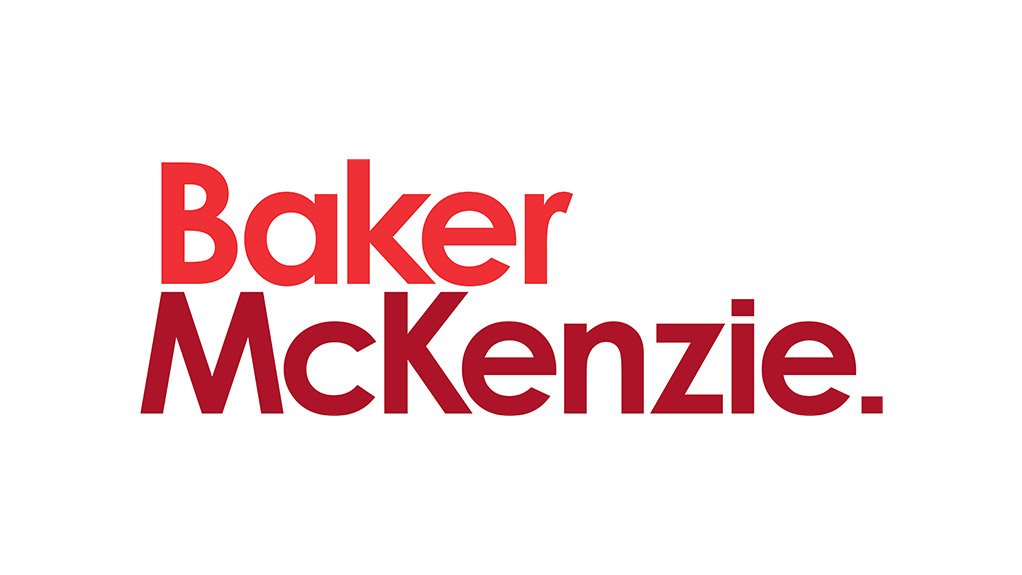The Department of Communications and Digital Technologies (DCDT) has made public a draft South Africa National Artificial Intelligence Policy Framework (AI Policy Framework), now open for stakeholder comment. This non-binding framework signifies a new milestone in the journey towards a national AI policy.
The AI Policy Framework: a regulatory initiative
The AI Policy Framework follows the AI Government Summit, a gathering hosted by the DCDT on April 5, 2024. The summit provided a platform for dialogue between the government and the ICT sector, with the aim of initiating a policy and regulatory framework that harnesses the power of AI. The prospective appointment of an AI expert advisory council, composed of distinguished individuals to guide the development and implementation of AI policy and regulation, was also announced at the summit.
Strategic pillars guiding a human-centric AI approach
The proposed AI Policy Framework is broad, advocating for a human-centric approach with safeguards for professional responsibility and human values in the development and deployment of AI. It is built around several strategic pillars that will serve as the bedrock for the national AI policy:
1. Talent and capacity development: this involves nurturing a robust AI talent pool in South Africa through the integration of AI into all levels of education, the creation of specialised training programs, and the fostering of partnerships between academia and industry for practical AI training.
2. Digital infrastructure: fostering AI innovation by developing a robust supercomputing infrastructure for AI research and development, and investing in digital infrastructure and advanced connectivity technologies like 4G, 5G and high-capacity fibre networks.
3. Research, development and innovation: advancing technological capabilities and driving innovation by establishing dedicated AI research centres, promoting collaborations between academia, industry and government through public-private partnerships, and providing financial support and incentives for AI research and start-ups.
4. Public sector implementation: enhancing government efficiency by implementing AI to optimise state management and service delivery. This includes developing guidelines for the ethical and effective deployment of AI in government operations.
5. Ethical AI guidelines development: ensuring responsible and ethical AI use by developing AI systems that prioritise ethical considerations. This includes addressing issues such as bias, fairness, transparency and accountability; developing responsible AI guidelines that align with human rights principles; and ensuring compliance with AI regulation.
6. Privacy and data protection: protecting personal information by establishing standardised data generation and utilisation practices across the public and private sector, strengthening existing data protection regulations, and ensuring transparency in AI data usage and storage practices.
7. Safety and security: protecting citizens and infrastructure by implementing robust cybersecurity standards to safeguard AI systems, and developing frameworks to identify and mitigate AI-related risks.
8. Transparency and explainability: building public trust in AI through promoting the development of explainable and transparent AI systems, and creating public awareness campaigns to educate the public on AI technologies and their implications.
9. Fairness and mitigation of bias: ensuring equitable AI deployment through developing bias mitigation methods and ensuring that AI systems are trained on diverse and inclusive data sets.
Human-centred approach in AI Systems: maintaining human oversight over AI by ensuring critical AI decisions (especially in generative AI) involve human oversight, and developing frameworks for AI decision-making that prioritises human judgment.
Professional responsibility: fostering responsible AI development and use by creating a code of conduct for AI professionals and integrating ethics training into AI education and professional development programmes.
Promotion of cultural and human values: aligning AI development with societal values by developing AI systems that promote human well-being, equality, and environmental sustainability, and ensuring the involvement of diverse stakeholders in AI policy-making process (to align with societal values).
Ashlin Perumall, Partner, Mergers & Acquisitions and IPTech, commented on the development: "The unveiling of the AI Policy Framework marks a step forward in South Africa's journey towards harnessing the power of AI and developing national policy to enable this, but is still in a very early stage of development. It is nonetheless commendable that a human-centric approach is taken as this sets the stage for a future where AI is leveraged to enhance efficiency, safeguard privacy, and foster innovation. From a legal perspective, the evolution of this policy and its potential implications for regulatory development and digital innovation are of significant interest and important to follow."
The road ahead for the AI Policy Framework
The AI Policy Framework is currently open for public comment. The DCDT has not set a deadline for stakeholders to submit their comments, but formal consultations will take place from August until the end of September. Once finalised and published, the AI policy will enhance the groundwork for furthering AI regulations in South Africa.
Written by Ashlin Perumall, Partner, Mergers & Acquisitions and IPTech; and Khaya Thomas, Associate, IPTech – Baker McKenzie
EMAIL THIS ARTICLE SAVE THIS ARTICLE ARTICLE ENQUIRY
To subscribe email subscriptions@creamermedia.co.za or click here
To advertise email advertising@creamermedia.co.za or click here











